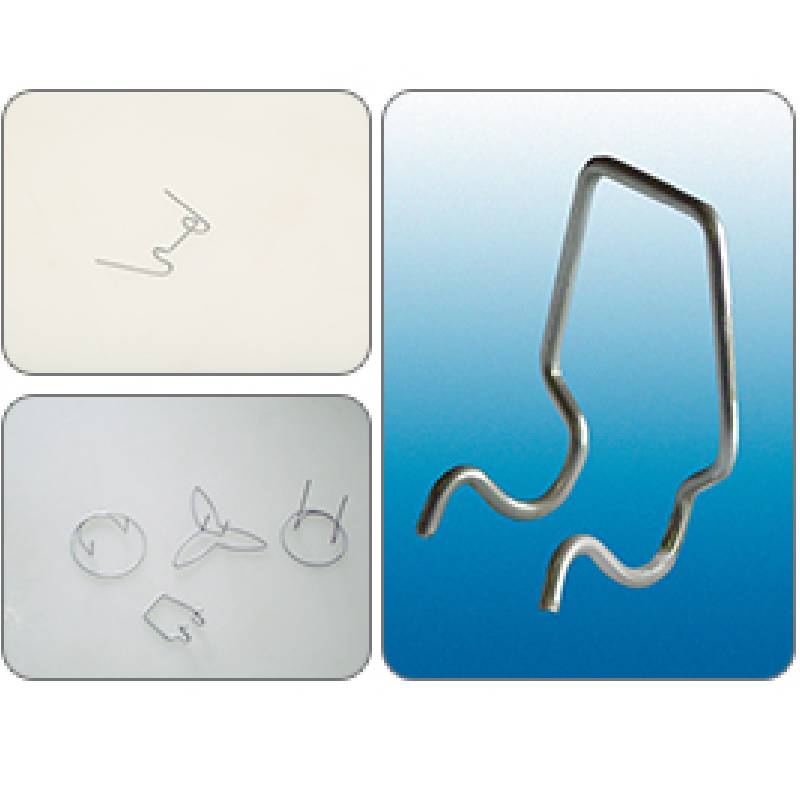
- Mobile Phone
- +8613931874955
- sales@cntcmetal.com
brass extension springs
Understanding Brass Extension Springs Applications and Advantages
Brass extension springs are essential mechanical components used in a variety of applications across numerous industries. These springs are designed to absorb shock, store energy, and exert force, making them ideal for applications where tensile strength and flexibility are required. In this article, we will explore the features, benefits, applications, and considerations of using brass extension springs.
What is a Brass Extension Spring?
A brass extension spring is a type of coil spring that is manufactured from brass, a durable and corrosion-resistant material that comprises primarily copper and zinc. Unlike compression springs, which are designed to resist axial compressive forces, extension springs are created to operate under axial tension. They tend to have hooks or loops on either end, which connect to other hardware, allowing for efficient force transmission and energy storage.
The Benefits of Brass Extension Springs
1. Corrosion Resistance One of the primary advantages of using brass is its exceptional resistance to corrosion compared to other metals. This property makes brass extension springs highly suitable for applications in humid or corrosive environments, where rust and degradation would impair the function of springs made from other materials.
2. Aesthetic Appeal Brass has a distinctive yellowish appearance that can be aesthetically pleasing. This makes brass extension springs an attractive option in visible applications, such as in decorative fixtures or custom machinery, where visual appeal is considered.
3. Mechanical Properties Brass possesses good tensile strength and fatigue resistance, which allow extension springs to endure repeated loading cycles without deformation or failure over time. This reliability is critical in applications where consistent performance is expected.
4. Ease of Fabrication Brass is relatively easy to work with, allowing manufacturers to achieve precise dimensions and custom designs that cater to specific application needs. This flexibility is advantageous for engineers and designers looking for tailored solutions.
5. Conductivity Brass is a good conductor of both electricity and heat, making brass extension springs suitable for applications in electronic devices or areas where heat dissipation is necessary.
Applications of Brass Extension Springs
Brass extension springs are found in a wide range of products and industries
. Their applications includebrass extension springs

- Automotive In vehicles, these springs can be used in tailgates, hoods, and various engine components, where their ability to withstand tension is crucial for effective operation.
- Electronics Due to their conductive properties, brass extension springs are used in switches, connectors, and other electronic devices, providing reliable performance in critical applications.
- Home Appliances Brass springs can be found in kitchen appliances, furniture mechanisms, and doors. They are used to improve usability by providing smooth operation and return actions.
- Industrial Machinery Many industrial machines utilize brass extension springs in their operational mechanisms, ensuring that parts return to their original position after being moved, which is essential for tasks like loading and feeding materials.
Considerations When Using Brass Extension Springs
While there are many advantages to using brass extension springs, it is important to consider a few factors when selecting them for specific applications
- Load Requirements Always ensure that the spring can handle the required load without overstretching, as this could lead to failure.
- Environment While brass is corrosion-resistant, extreme conditions may still affect performance. Evaluate the operating environment to determine if brass is the best choice or if alternative materials should be considered.
- Cost Brass can be more expensive than other spring materials like stainless steel or carbon steel. Therefore, it is crucial to assess whether the benefits justify the additional cost.
Conclusion
Brass extension springs are versatile components with numerous applications in various industries, thanks to their unique properties. Their corrosion resistance, aesthetic appeal, and reliability make them an attractive choice for both functional and decorative uses. By understanding their advantages and considerations, engineers and designers can effectively implement brass extension springs in their projects, ultimately enhancing the performance and longevity of their products.
share:
-
Why Sacrificial Formwork Is Redefining Underground ConstructionNewsJun.06,2025
-
The Structural Dynamics of Modern Concrete: How Snake Spacers Revolutionize Flexible ReinforcementNewsJun.06,2025
-
Snake Spacers Smart-Lock Concrete Reinforcement with Surgical PrecisionNewsJun.06,2025
-
Snake Spacers: Reinforcement Precision for Modern Concrete ProjectsNewsJun.06,2025
-
Snake Spacers Powering Concrete's Structural DNANewsJun.06,2025
-
Slither into Success: Snake Spacers' Precision Bite for Unbreakable ReinforcementNewsJun.06,2025
-
Sacrificial Formwork: Building Stronger, Faster, and Safer StructuresNewsJun.06,2025



















